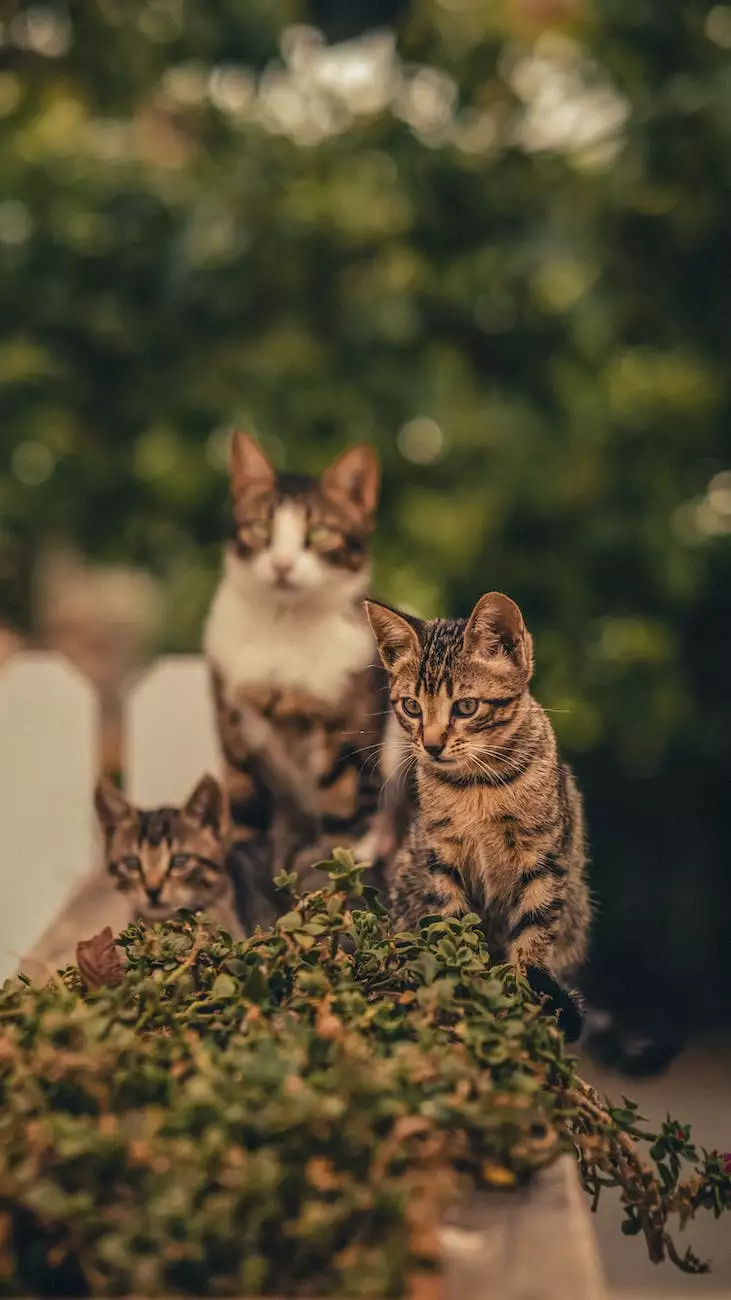Cats and Coprophagia - Cat Tales
Blog
Welcome to Cat Tales, a blog brought to you by Aperture Group, your go-to source for all things feline! In this article, we delve into the curious behavior of cats known as coprophagia and explore the reasons behind it. If you're a cat parent or someone interested in better understanding these adorable creatures, you've come to the right place!
Understanding Coprophagia
Coprophagia, often referred to as the consumption of feces, is a behavior observed in various animal species. Although it may seem unsettling to us humans, especially when it comes to our feline friends, coprophagia is a relatively common behavior in cats. However, it's essential to identify the underlying reasons and address any potential health concerns associated with it.
Reasons Behind Coprophagia in Cats
While the exact causes of coprophagia in cats are not fully understood, several factors can contribute to this behavior. Below, we explore some potential reasons:
- Dietary Deficiencies: Cats may engage in coprophagia to compensate for missing nutrients in their diet. Ensuring your cat's nutritional needs are adequately met can help deter this behavior.
- Maternal Instincts: Mother cats may consume the feces of their newborn kittens to keep their nesting area clean and prevent attracting predators. This behavior typically diminishes as the kittens grow older and become more independent.
- Stress and Anxiety: Cats experiencing stress, anxiety, or boredom may resort to coprophagia as a compulsive behavior. Identifying and addressing the underlying causes of stress can significantly reduce this behavior.
- Attention-Seeking: Some cats may engage in coprophagia to gain attention from their owners. Providing adequate mental and physical stimulation, as well as positive reinforcement for desirable behaviors, can help prevent this attention-seeking behavior.
Health Implications
While coprophagia itself may not necessarily pose severe health risks to cats, it's crucial to consider potential implications. Here are a few health aspects to be aware of:
- Transmission of Parasites: Consuming feces can expose cats to various parasites, such as roundworms and giardia. Regular veterinary check-ups, deworming, and preventive measures can help safeguard your cat's health.
- Gastrointestinal Disturbances: Coprophagia can disrupt the balance of a cat's gastrointestinal system, leading to digestive issues. Monitoring your cat's eating habits and ensuring a proper diet can help minimize such disturbances.
Preventing and Managing Coprophagia
Although coprophagia can be a challenging behavior to address, there are several steps you can take to prevent and manage it:
- Ensuring a well-balanced diet that meets your cat's nutritional needs can help discourage coprophagia stemming from dietary deficiencies.
- Providing a clean and stress-free environment for your cat, along with plenty of mental and physical stimulation, can reduce anxiety-related coprophagia.
- Regular veterinary check-ups and deworming will help protect your cat from potential parasites.
- Using deterrents, such as bitter-tasting sprays or additives, can discourage cats from engaging in coprophagia.
Conclusion
In conclusion, coprophagia is a behavior observed in cats that may have various underlying reasons. By understanding these motivations and taking appropriate measures, you can minimize or prevent coprophagia in your feline companion. Remember, if you have concerns or questions about your cat's behavior or health, consult a veterinarian for guidance. Aperture Group is dedicated to providing top-notch consulting and analytical services for businesses and consumers alike, and we hope this article has shed light on the topic of cats and coprophagia.




